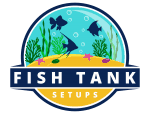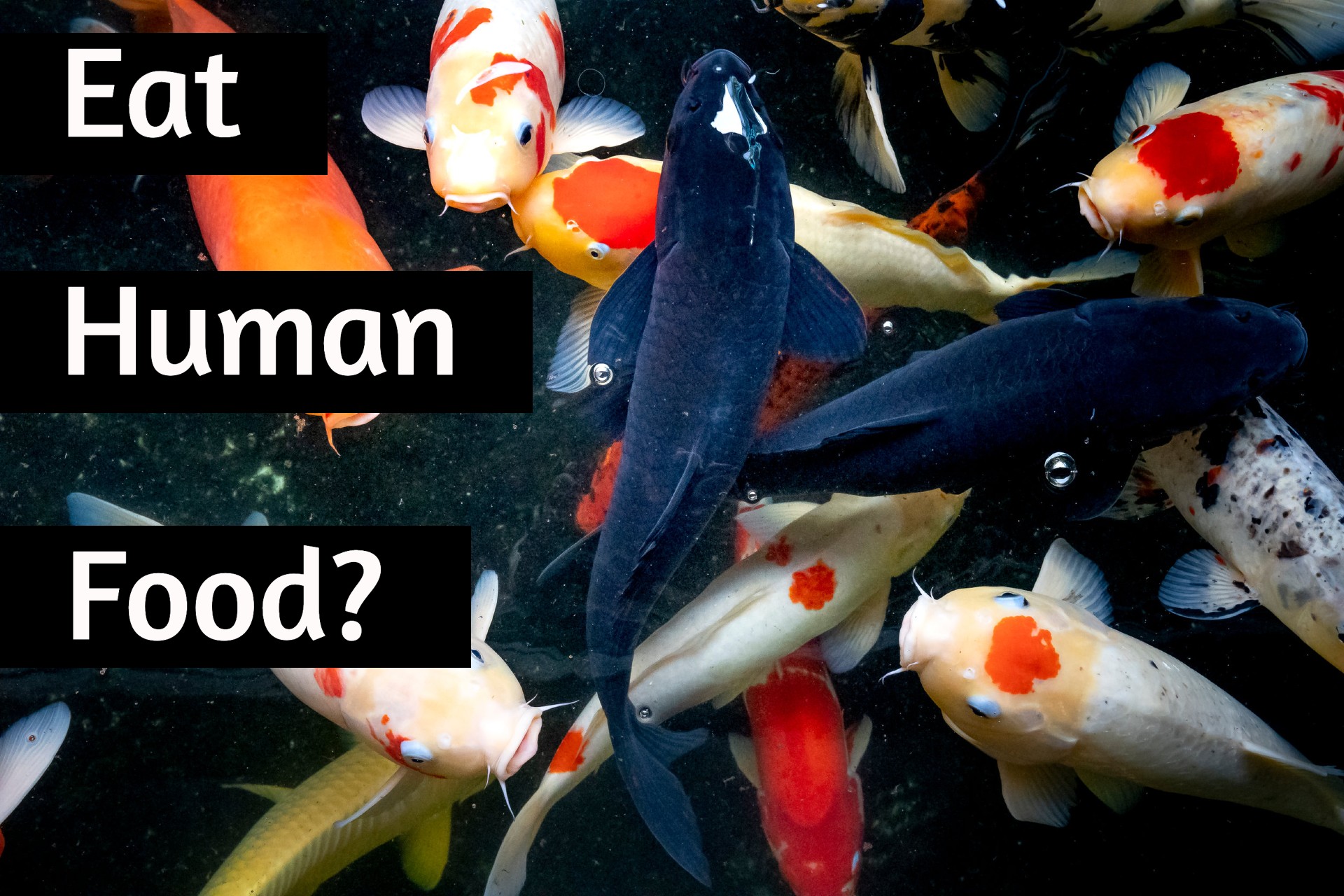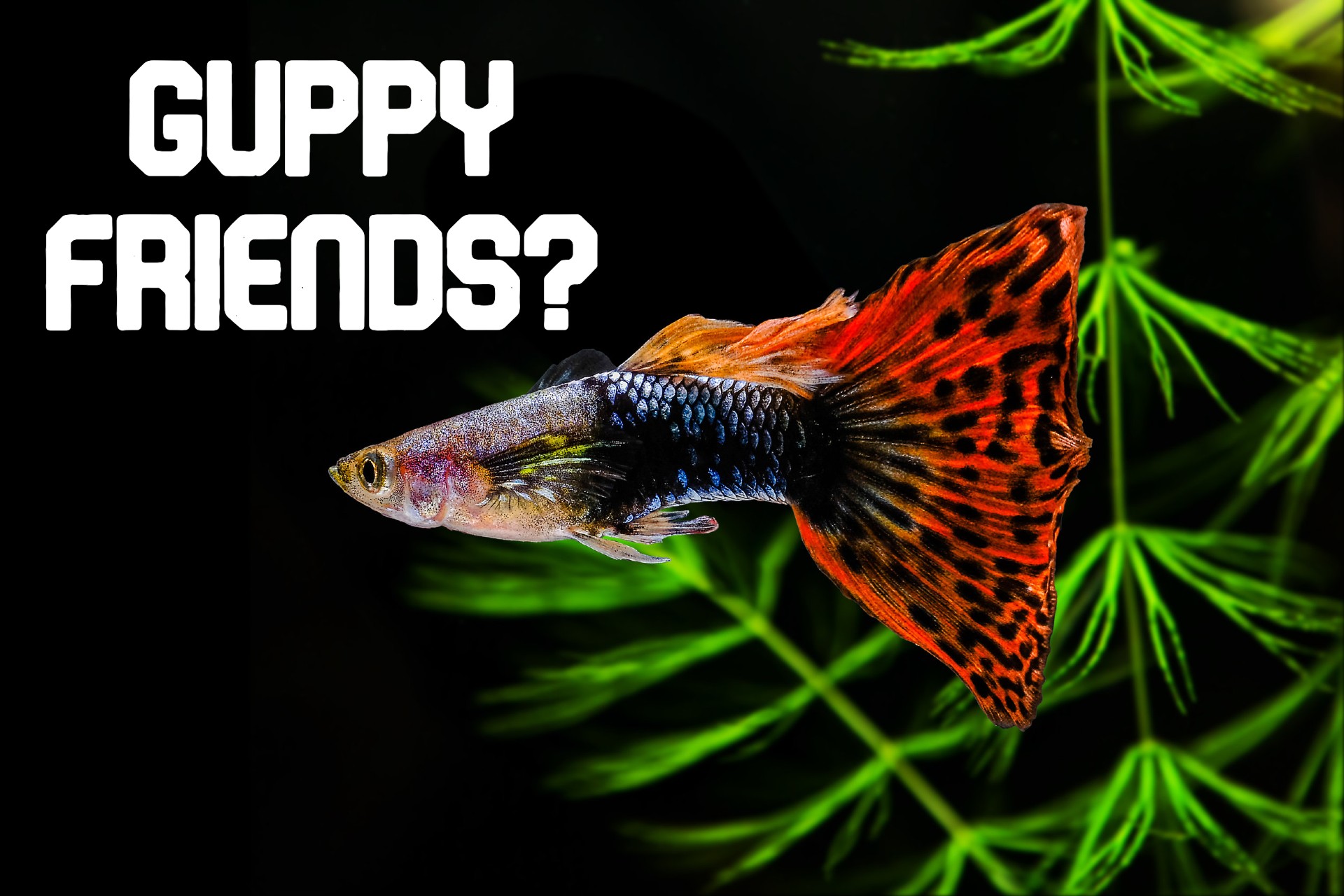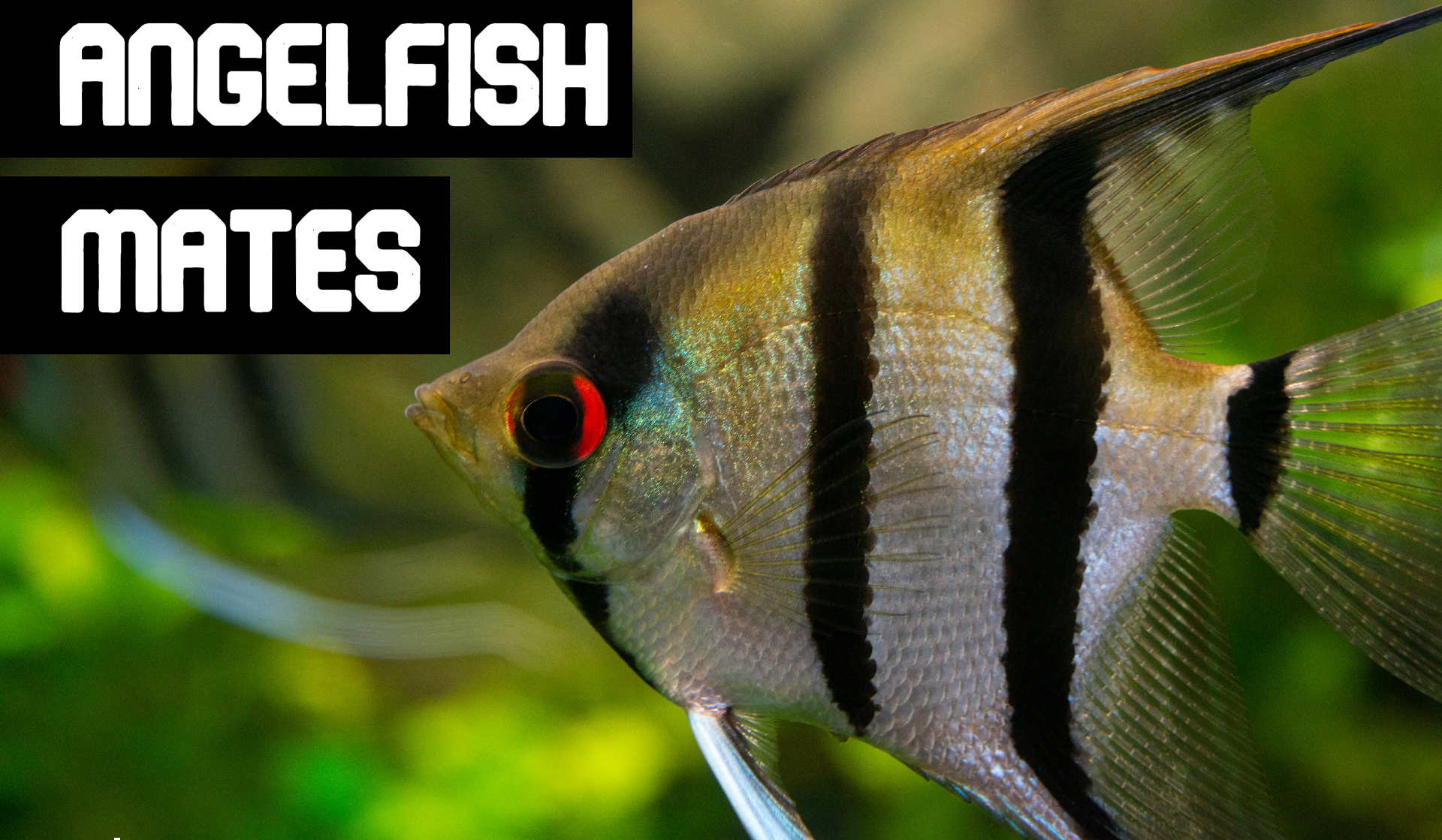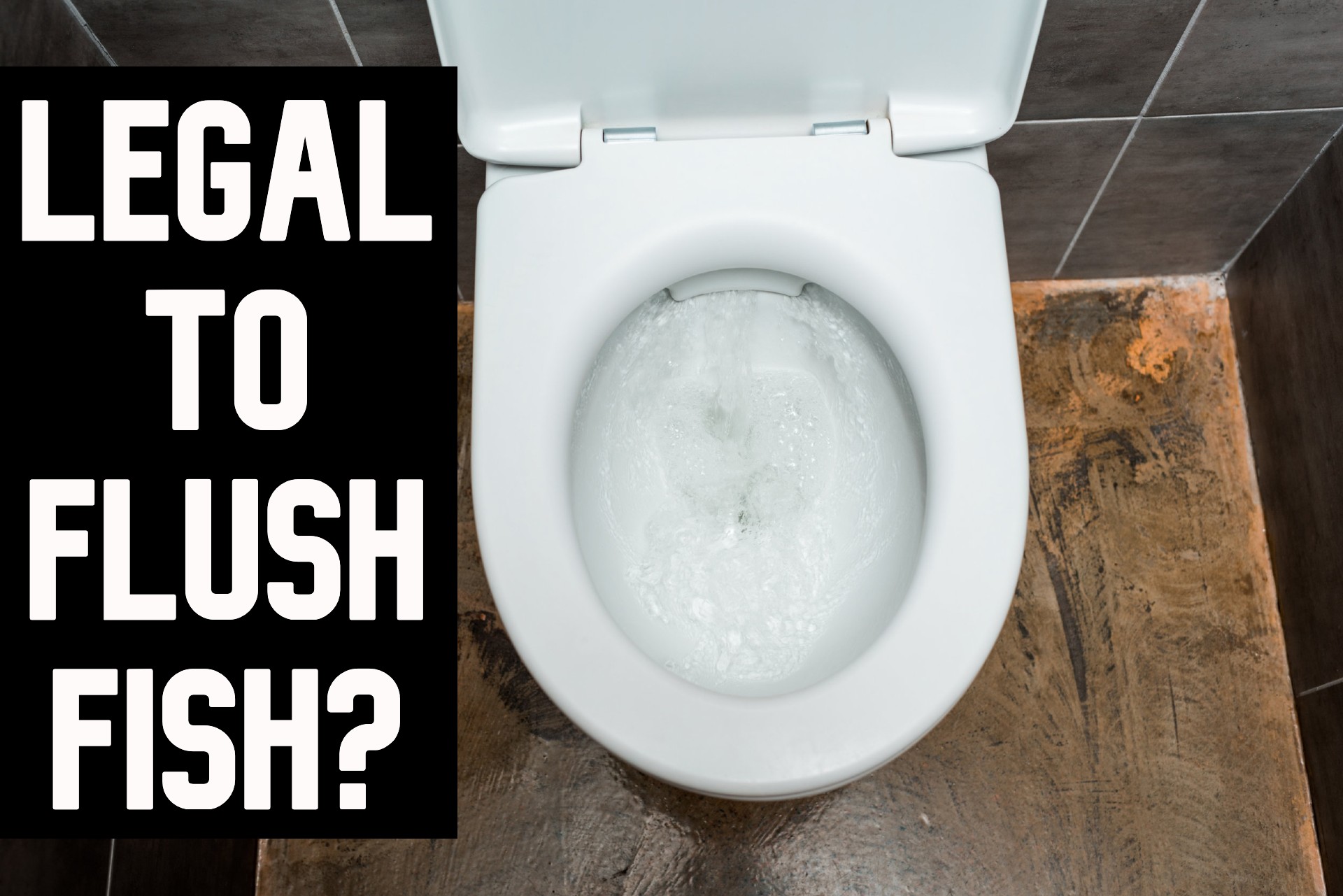Koi fish are an absolute delight to have in an outdoor pond. Not only are they bright and colorful, but Koi are also very easy to take care of; they can eat practically anything!
Koi fish are omnivores and are capable of eating a wide variety of foods. Included among the foods they can eat are watermelon, lettuce, shrimp, rice, bananas, garlic, and more. Avoid feeding them often with food heavily concentrated in carbohydrates, as that can cause health issues in Koi.
Whether you want to give them a treat, which they absolutely will love you for, or you ran out of food and don’t have time to go to the store before they need to be fed, Koi will eat almost anything you can give them. However, just like humans can technically eat whatever we want regardless of whether it is good for us or not, that doesn’t mean that everything is good or safe for a Koi to eat.
What Human Foods are Safe for Koi Fish?
As stated before, Koi can eat almost anything. While food designed specifically for Koi fish gives them all the nutrients and minerals they need to survive, grow, and thrive, that does not mean that they particularly enjoy it as they do fruits and other foods.
Just as a dog loves to eat the occasional scrap from the table or piece of bacon from breakfast, Koi enjoy eating various fruits, vegetables, and other foods, including:
- Bananas
- Grapes
- Lettuce
- Broccoli
- Oranges
- Shrimp
- Crayfish
- Worms and other insects
Generally, during the spring and fall Koi do really well with foods that have carbohydrates, like fruits. In the summer, during mating season, Koi benefit greatly from foods that are higher in proteins, like shrimp or their normal Koi food.

As a general rule of thumb, if you think it tastes good and it is healthy for you, your Koi will probably enjoy it as well. However, that does not mean to feed them part of your McDonald’s hamburger or the T-Bone steak you just grilled up on your barbecue next to the pond.
What to Avoid Feeding Koi Fish
While it is true that Koi fish are omnivores and can eat almost anything you give them, that does not mean that you should feed them absolutely anything.
Koi should not be given foods that are heavily concentrated with carbohydrates, especially processed carbohydrates, as the heavy concentration of carbohydrates makes it hard for them to digest, which leads to health problems later on if fed that kind of food regularly.
Generally, Koi fish do well with organic matter. Avoid feeding Koi processed foods, other than their normal food, and meats other than that which they might find naturally in a wild pond, such as red meats, turkey, and chicken.
What Foods are Best to Feed Koi Fish
Just because human food or other foods are safe for Koi fish does not mean that they are good for them.
When you have pets that you love and care for and that love you back, you want to give them the very best you can. Often, your fish can become bonded to you similar to how parents bond to their children. There is just something special about taking care of another being.
Generally, you want to treat feeding human food to Koi fish as a supplement to their normal diet. Koi food, especially high-quality Koi food, contains the basic nutrients and minerals that your fish need to survive and grow properly.
There are quite a few foods that are great for Koi fish and provide a whole host of benefits. Below is a list of some of these foods and a brief explanation of some of their benefits.
| Garlic | Helps with boosting their immune system |
| Boiled Peas | A healthy source of fiber. Works to help keep your fish not constipated. |
| Shrimp | Shrimp are a great source of protein, especially useful in the summer time. Feeding your Koi live shrimp can also be quite entertaining as they chase the shrimp before eating them. |
| Watermelon | Can lower stress and improve the general mood of your fish. |
| Bananas | Cut in pieces is easiest for them to digest and eat. Provides lots of nutrients and minerals that are extremely beneficial to Koi. |
| Lettuce and other leafy greens | Another good source of fiber. |
Treats like fruits should be given occasionally and should not be the main part of their diet.
Can You Overfeed Koi Fish Human Food?
While Koi fish could likely subsist well off of a diet purely of fruits, vegetables, and shrimp, it would be easy to not feed them properly. This unfortunate scenario would easily lead to your beloved Koi not getting all the nutrients they need and potentially suffering. Koi fish are hardy, so they wouldn’t die, but they would potentially not be getting everything they need.
Unless you are an expert, and have formed a regimented diet for your Koi fish, treat human food and other foods as supplements and treats for your Koi fishes’ normal diet of their specifically engineered food.

Just as you wouldn’t feed your dog treats every half an hour, do not treat your Koi fish too regularly. Try to only treat them once a day at most, with a good amount being two to three times per week. This schedule will help the Koi fishes’ diets remain fairly consistent.
Additionally, try to introduce a bit of variety into your Koi fishes’ treats. Having a varied diet is good for your Koi, as it is for you. Don’t simply give them bananas all the time, or only lettuce. Try to spice up the treats you give them from time to time.
Perhaps one day give them a banana, and the next time some lettuce, and the next orange slices or something similar.
It can be very fun to feed your Koi various things. Most importantly, the Koi will love you for the treats you give them. Remember to give them treats responsibly, and they will be happier than ever. We hope you enjoy treating your Koi fish as much as we do!
Related Topics
If you like the article above, here are some other similar articles you should check out!
